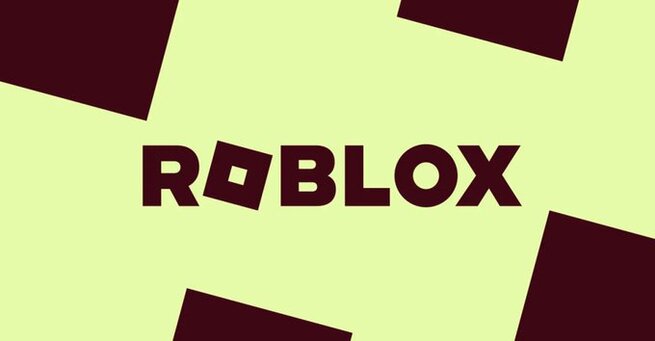
Online safety for children has once again taken center stage, with Louisiana filing a lawsuit against Roblox for allegedly creating an environment where child predators can thrive. The lawsuit claims that Roblox, one of the most popular gaming platforms among children, has failed to implement sufficient safety measures to protect its young users. With millions of daily active players, nearly 40 percent of whom are under 13, this case highlights the growing concern over digital platforms’ responsibility in safeguarding children online. Parents, regulators, and players alike are watching closely as this case unfolds, raising urgent questions about online child safety, platform accountability, and digital trust in 2025.
According to the lawsuit, Louisiana alleges that Roblox has not adequately protected its child users from predatory threats, leading to severe harm and long-term consequences for minors across the state. The state argues that the platform has failed to put in place the most basic safety controls, such as stronger moderation, improved reporting systems, and stricter parental guidance tools. While Roblox has recently introduced new features like parent-managed accounts and friend-blocking options, critics say these measures came too late and remain insufficient to address the platform’s longstanding safety issues. The case underscores a broader national debate: how much responsibility should large digital platforms bear when it comes to child protection online?
The lawsuit from Louisiana isn’t happening in isolation. Over the past few years, Roblox has faced mounting criticism from parents, advocacy groups, and regulators over its handling of child safety. Reports of inappropriate interactions, exploitative behavior, and predators targeting young users have raised alarms about how safe the virtual playground really is. While the platform has acknowledged these challenges and promised ongoing improvements, the gap between policy and enforcement remains a major concern. The Louisiana case could set an important precedent, forcing not only Roblox but also other online gaming and social platforms to reevaluate how they safeguard children in digital spaces.
For parents, the lawsuit is a reminder that active involvement remains critical when children engage with online platforms like Roblox. Safety tools alone are not enough without education, supervision, and open conversations about digital risks. For Roblox, the stakes are high: beyond legal consequences, the platform’s credibility and trust with millions of families are on the line. If Louisiana’s claims succeed, it could push the industry toward stricter safety regulations and more transparent accountability standards in the years ahead. As gaming platforms continue to grow and attract young audiences, this lawsuit highlights an unavoidable truth—child protection must remain a top priority in the evolving digital world.
𝗦𝗲𝗺𝗮𝘀𝗼𝗰𝗶𝗮𝗹 𝗶𝘀 𝘄𝗵𝗲𝗿𝗲 𝗿𝗲𝗮𝗹 𝗽𝗲𝗼𝗽𝗹𝗲 𝗰𝗼𝗻𝗻𝗲𝗰𝘁, 𝗴𝗿𝗼𝘄, 𝗮𝗻𝗱 𝗯𝗲𝗹𝗼𝗻𝗴. We’re more than just a social platform — from jobs and blogs to events and daily chats, we bring people and ideas together in one simple, meaningful space.